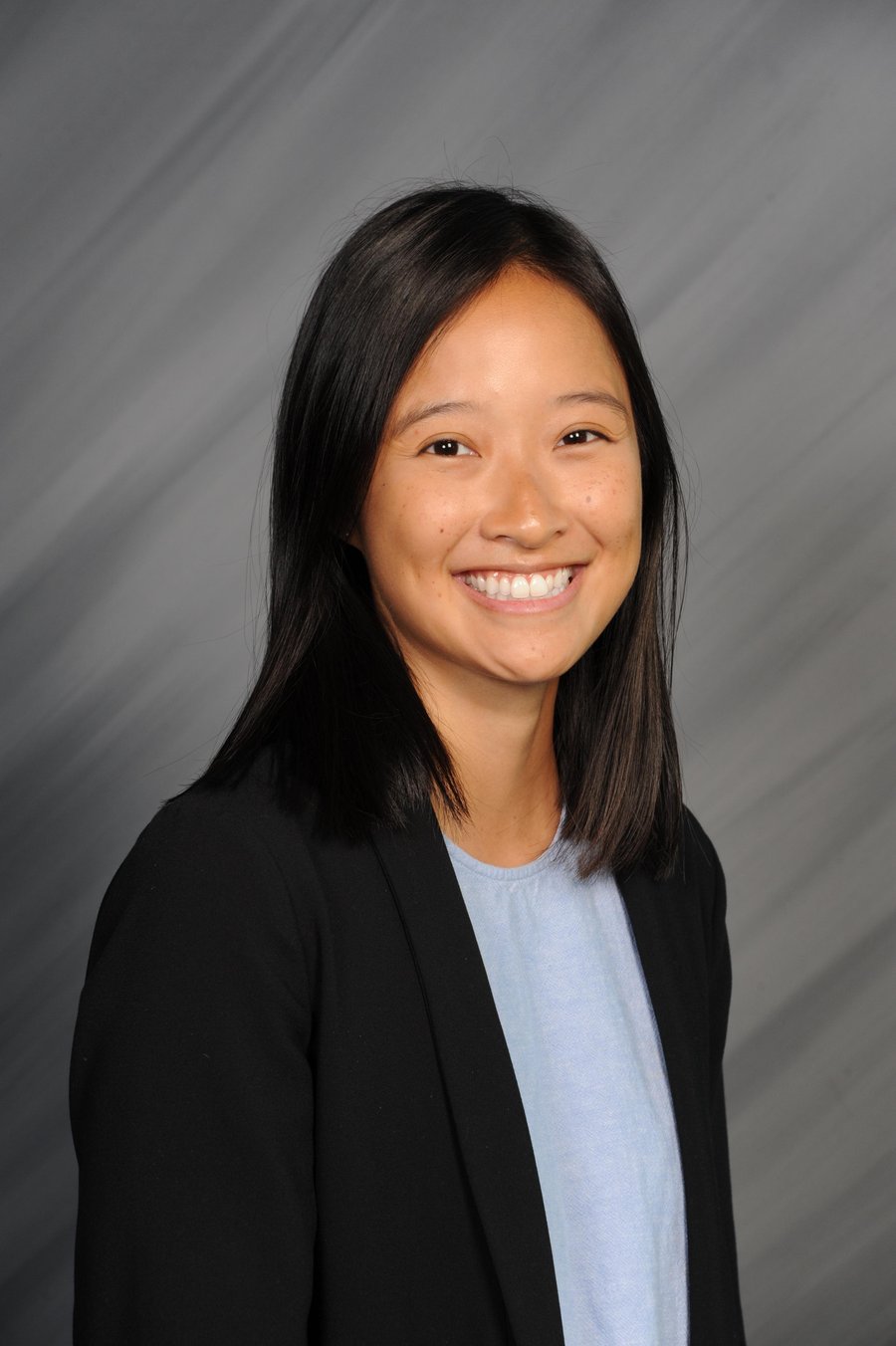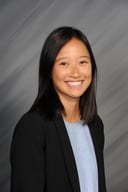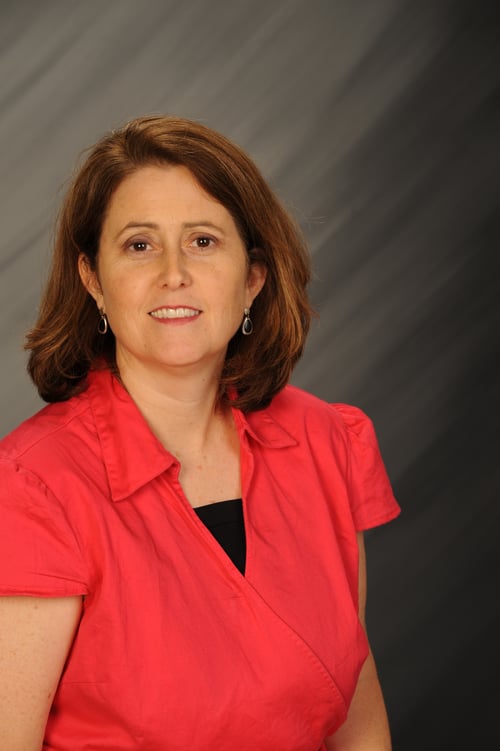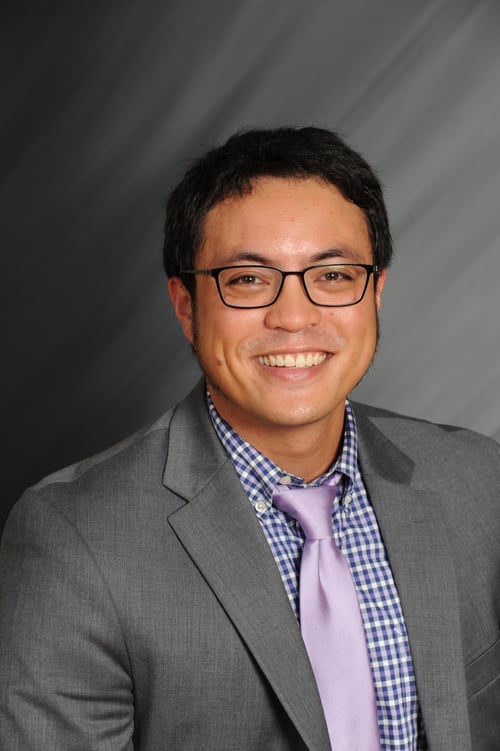
Almost every adult has experienced low back pain at some point in their life. Most cases are nonemergent, nonspecific back pain not caused by any specific disease process. Even though at times it can cause a lot of pain and discomfort, most cases usually resolve on their own. Risk factors for low back pain include smoking, obesity, age, female sex, physically strenuous work, and sedentary work.
Your back is made up of bones stacked on top of each other called vertebrae and in between each vertebra are discs that help cushion and help with movement. Within the vertebrae runs a highway of nerves making up the spinal cord, and these nerves connect everything in your body. Surrounding your vertebrae are muscles, ligaments, and tendons that help support your back.
Nonspecific back pain is most likely musculoskeletal related, like when you feel like you’ve “thrown out” your back. The goal of care is usually short-term symptomatic relief, since most pain will improve within 4 weeks. Some home treatment includes heating pad/heated wrap and NSAIDs (such as ibuprofen and naproxen). Staying active is also very important –bed rest is NOT recommended, even activity modification should be minimal.
Preventing low back pain can be as easy as staying active, lifting with your legs and not your back, and avoiding sitting or standing in the same position for too long. Physical activities include walking, aerobic exercises, stretches, abdominal exercises, yoga, tai chi and Pilates.
Overall prognosis of low back pain is excellent. Though some people may develop chronic back pain, that is pain lasting more than 12 weeks. Predictors of chronic back pain include poor coping behavior, functional impairment, and poor health.
Red flag symptoms that should cause worry include numbness or weakness in your legs, bladder or bowel problems, unexplained weight loss, fever, regular use of steroid medicine, immunodeficiency and history of cancer or osteoporosis. You should see your doctor if your symptoms include pain so severe you cannot perform simple tasks and pain that does not improve over 4 weeks.
So, the next time you bend over or lift something heavy and feel like you’ve hurt your back, remember that it will get better with time!
 Dr. Vu is a resident physician who sees patients of all ages and provides obstetrical services at Lone Star Family Health Center, a non-profit 501©3 Federally Qualified Health Center operating facilities in Conroe, Spring, Willis, Grangerland, and Huntsville, and serving as home to a fully integrated Family Medicine Residency Program to increase the number of Family Medicine physicians for Texas and our community.
Dr. Vu is a resident physician who sees patients of all ages and provides obstetrical services at Lone Star Family Health Center, a non-profit 501©3 Federally Qualified Health Center operating facilities in Conroe, Spring, Willis, Grangerland, and Huntsville, and serving as home to a fully integrated Family Medicine Residency Program to increase the number of Family Medicine physicians for Texas and our community.



